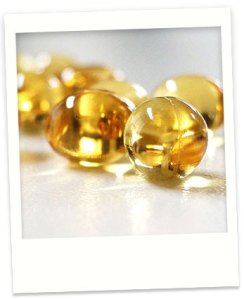 A study published in the August issue of the Circulation indicated that declining cardiac function is associated with lower total brain volume.
A study published in the August issue of the Circulation indicated that declining cardiac function is associated with lower total brain volume.
Using Framingham data, the researchers reviewed brain and cardiac MRIs and neuropsychological and laboratory data of 1,504 participants.
The researchers found that participants who have better cardiac index have higher brain volume (p=0.03) and faster information processing speed (p=0.02).
The mechanism of the association between cardiac index and markers of brain aging is unknown. However, the investigator postulated that reduced systemic blood flow may contribute to brain injury.
This study has important implications to the elderly who have reduced exercise abilities. Elderly must continue to exercise in order to avoid neurological degenerative disease such as Alzheimer’s disease and dementia.
Source: Circulation 2010.
Please visit healthreason.com for more health related articles.












